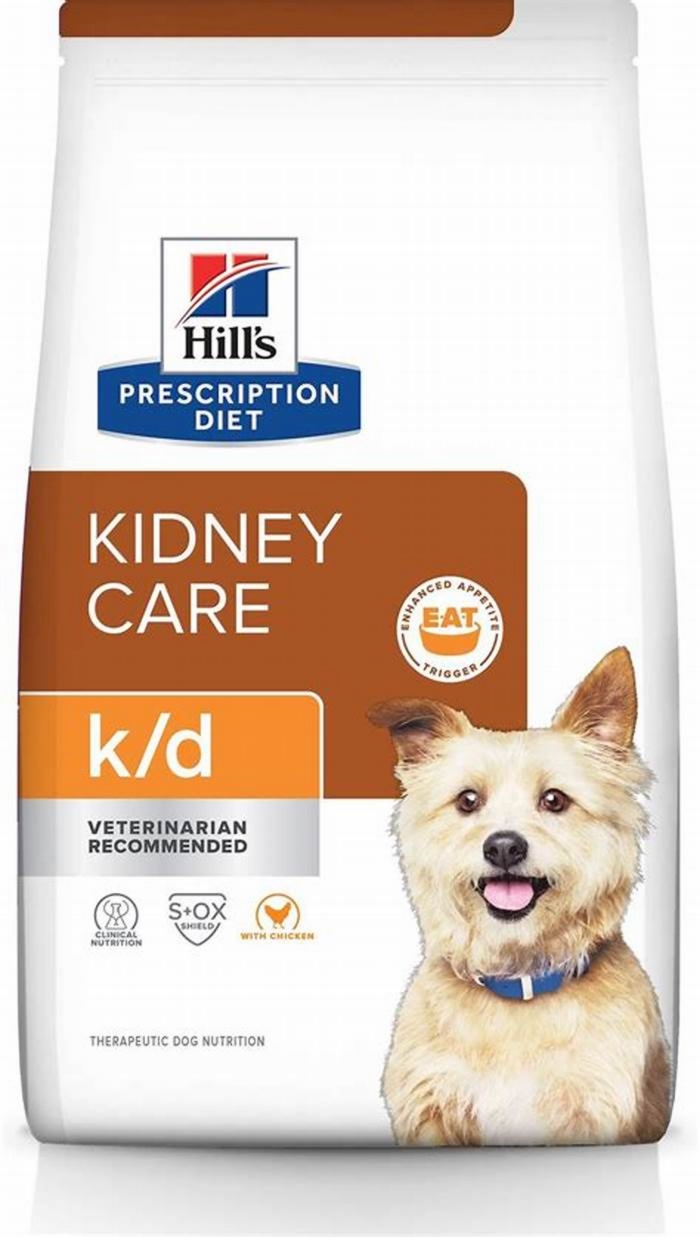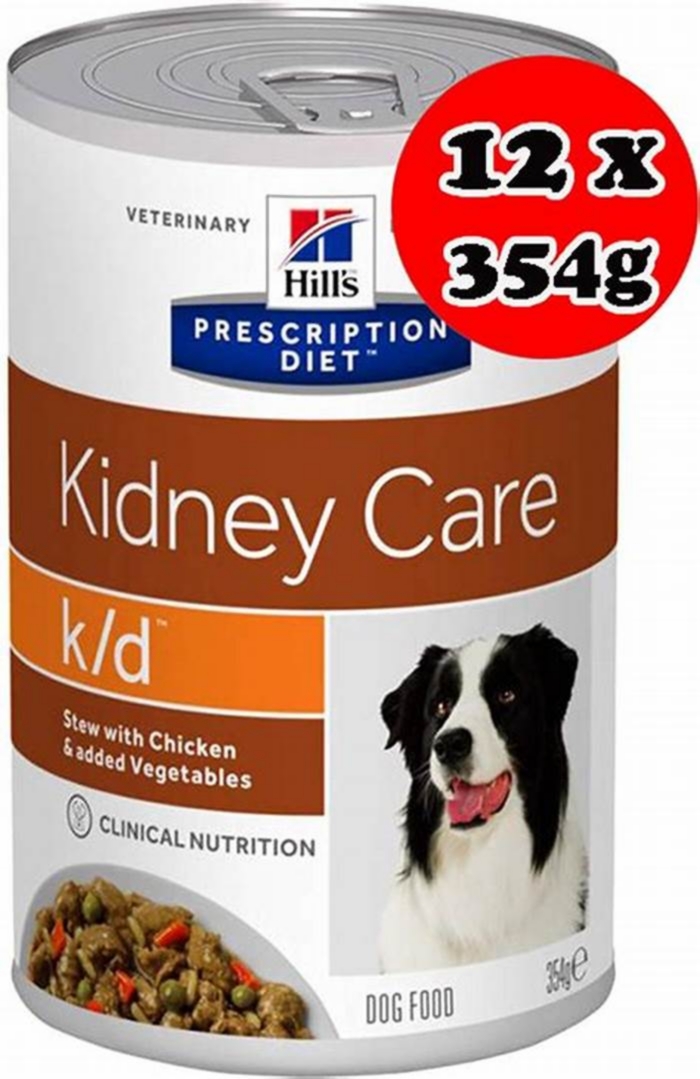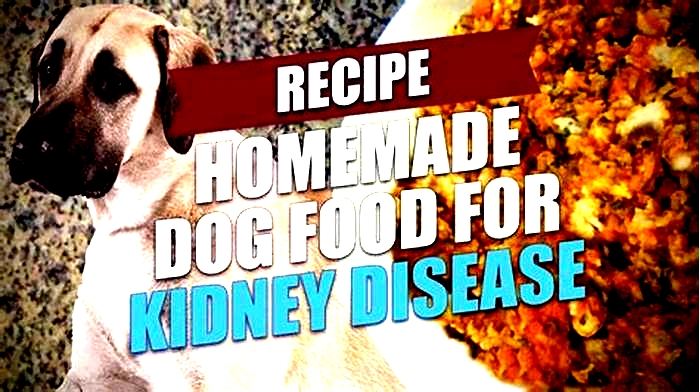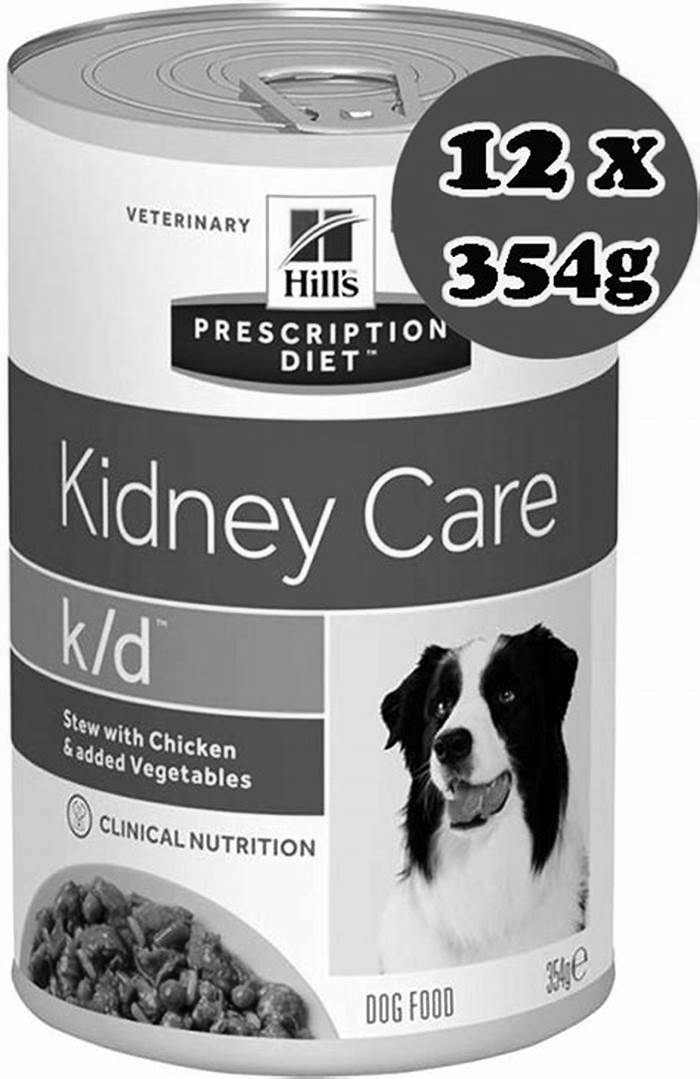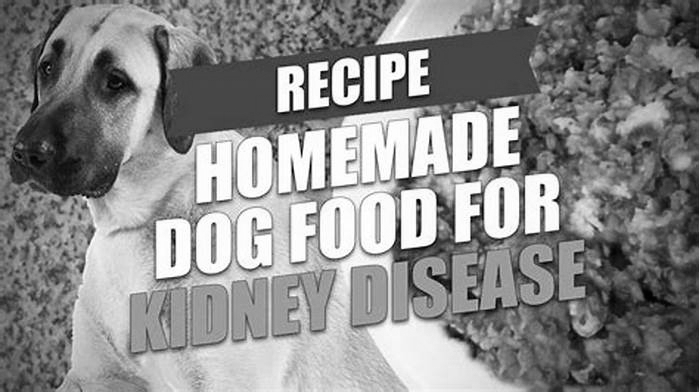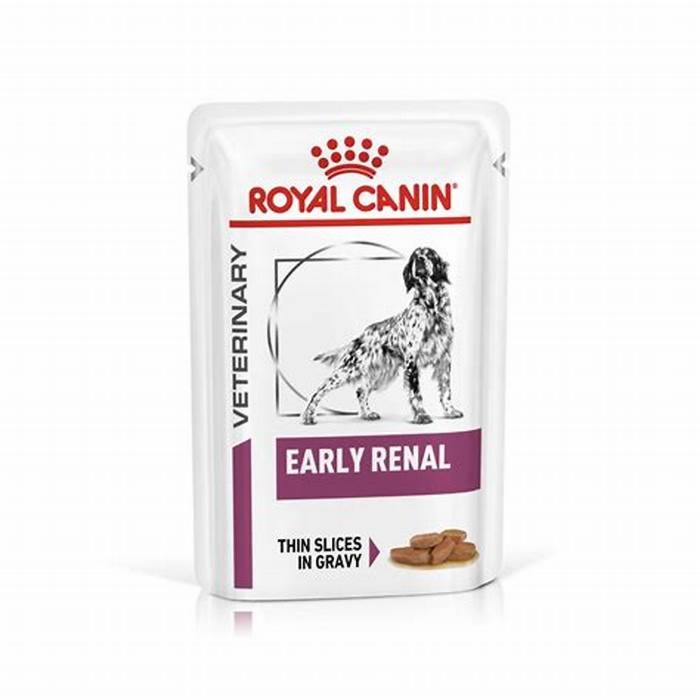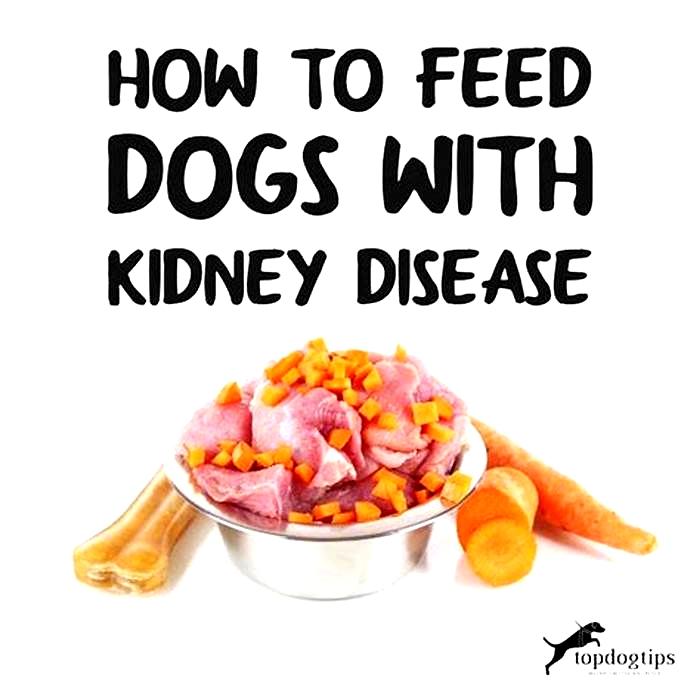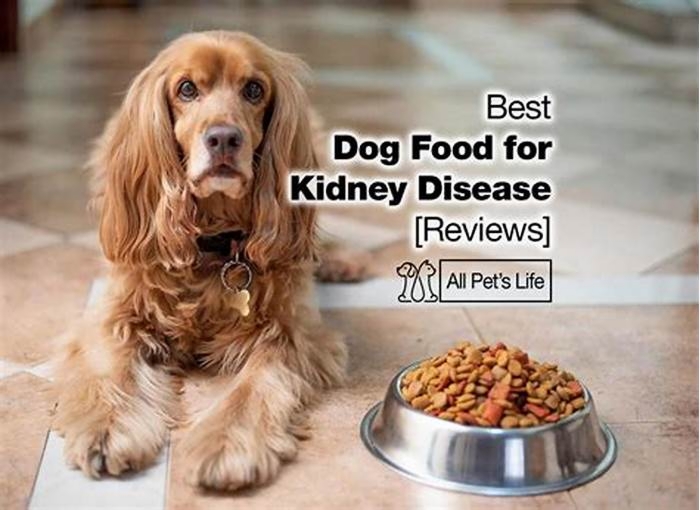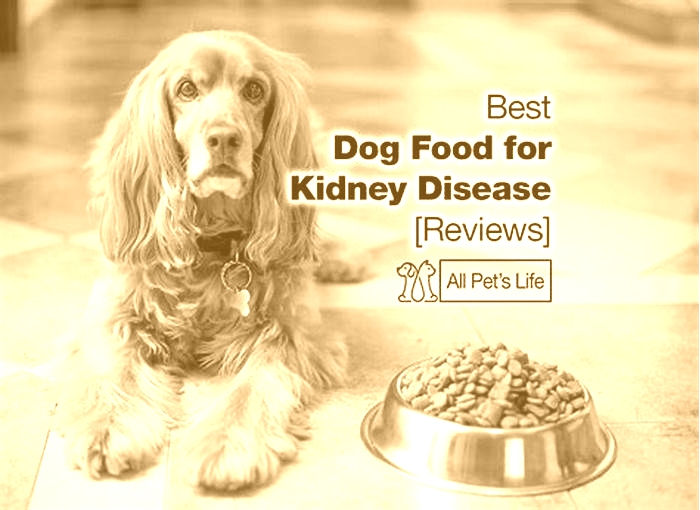raw food diet for dogs with kidney problems
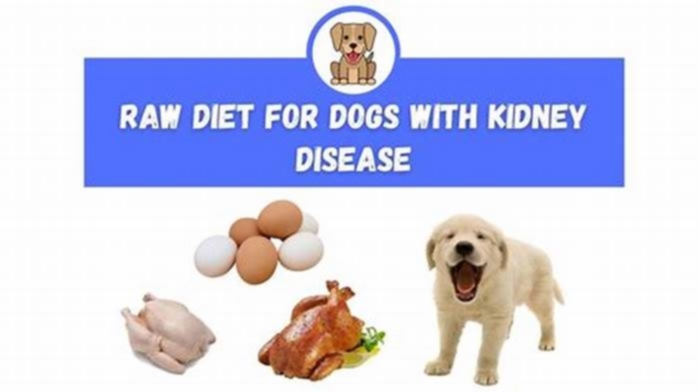
Raw Diet for Dogs With Kidney Disease
Getting the news that your dog has kidney disease can be shocking and frightening. After all, most kidney diseases in dogs are chronic and cannot be cured. However, there is no need to panic. While it depends on the progression of the disease, most dogs can still live a long and healthy life after being diagnosed. One of the most important components of treating a dog with kidney disease is monitoring their diet.
What to feed a dog with kidney disease?
When it comes to the diet of a dog with kidney disease, the most important element is avoiding certain nutrients and minerals. Below is a list of what you should not feed your dog with kidney disease:
Wheat: This can be very hard and painful for a dog to digest if they have kidney disease.
Phosphorus: It is very important that you avoid foods that are high in phosphorus. This is because a dog with kidney disease must not have a lot of phosphorus in their blood, as this can damage the dogs kidney.
Sodium: Dogs with kidney disease have a very hard time staying hydrated. A diet with a lot of sodium makes it even harder for the dog to stay hydrated.If your dog consumes too much sodium, it can raise their blood pressure and make it even harder for the kidney to function.
Protein: While dogs still need protein in their diet, you should not feed them anything that has a protein content greater than 20%.
Soy: It is also very difficult for a dog with kidney disease to absorb food that is high in soy.
Now you are probably wondering what you should feed your dog. Read below for the best food to feed your dog with kidney disease.
Omega-3 fatty acids: This is a great supplement to feed your dog. It reduces the hypertension in the kidney, and also decreases inflammation.
Food with high water content: It is very beneficial to feed your dog a diet that has a water content. This is because water helps your dogs kidney remove waste from the blood.
Raw food: Yep, raw food is a great option for dogs with kidney disease.
Raw diet for dogs with kidney disease
A raw diet for dogs with kidney disease is very beneficial because raw food typically has high quality protein. High quality protein can help your dogs kidney filter out toxins that are in their body. If you want to give your dog a raw diet in the form of meat, I recommend chicken or turkey. This is because bost of these meats are a lot easier to digest.
It has also been proven that eggs are a great option for dogs with kidney disease. Studies have shown that eggs promote hyperchloremic metabolic acidosis.
Other Options
Below are some good choices of dog food you can feed your dog with kidney disease. All of them can be bought through Amazon.
Hills Kidney Care Formula


This is probably the best option in terms of food for a dog with kidney disease. It has very low phosphorous and sodium content. It also contains chondroitin sulfate and omega-3 fatty acids, both of which help your dogs kidney function.
Raw Diet For Dogs With Kidney Disease Is It Really Work?
Pet owners who are navigating the challenges of kidney disease in their dogs often explore alternative dietary strategies, as they seek to provide the highest level of care for their pets.
In recent times, the raw diet has gained traction for its potential benefits in supporting canine health.
In this concise blog post, well explore the raw diet for dogs with kidney disease, the nutritional nuances required for their well-being, and the advantages of incorporating a thoughtfully designed raw diet.
Key Takeaways
- Raw diets offer biologically appropriate, minimally processed ingredients for optimal canine nutrition.
- Regular consultations with a veterinarian are vital to tailor the raw diet based on the dogs unique needs.
- A well-curated raw diet may contribute to better kidney function in dogs with kidney disease.
- Recognizing each dogs uniqueness ensures the raw diet aligns with specific health requirements.
- Successful raw diet implementation involves collaboration between pet parents and veterinarians, fostering overall vitality and happiness in dogs.
What is Actually Kidney Disease and Renal Failure?
Our furry companions, like humans, can face health challenges, and one common concern is kidney disease.
To comprehend this condition better, lets break down what kidney disease and renal failure mean for our beloved pets.
Kidney Disease in Dogs: The Basics
The kidneys play a crucial role in maintaining a dogs overall health. These kidney-shaped organs filter waste and surplus fluids from the bloodstream, maintain electrolyte levels, and generate urine.
According to PetMD, when a dog experiences kidney disease, it means that these vital functions are disrupted, impacting their well-being.
Kidney disease in dogs can be either acute or chronic. Acute kidney disease often occurs suddenly, often due to ingesting toxins, infections, or other sudden factors.
Chronic kidney disease, on the other hand, develops over time and is often associated with aging or long-term health issues.
Renal Failure: Understanding the Term
According to the American Kennel Club, renal failure, a term often used interchangeably with kidney failure, refers to the kidneys inability to perform their essential functions adequately.
This failure can be partial (known as renal insufficiency) or complete, depending on the extent of the damage.
In cases of kidney disease, the organs may lose their ability to filter waste efficiently, leading to a buildup of harmful substances in the bloodstream.
Additionally, the kidneys ability to concentrate urine, regulate blood pressure, and balance electrolytes may be compromised.
Common Causes of Kidney Disease
Various factors can contribute to kidney disease in dogs.
These include:
- Age: Older dogs are more susceptible to chronic kidney disease.
- Genetics: Certain breeds may be predisposed to kidney issues.
- Infections: Bacterial or viral infections can affect the kidneys.
- Toxins: Ingesting certain substances, plants, or medications can harm the kidneys.
Understanding the root cause of kidney disease is crucial in determining the appropriate treatment and management strategies.
Signs and Symptoms of Kidney Disease in Dogs:
Kidney disease in dogs can present itself subtly, making it crucial for pet owners to be vigilant about potential signs and symptoms.
Early detection allows for timely veterinary intervention, improving the prognosis and quality of life for your furry friend.
Here are key signs and symptoms to watch for:
- Increased urination frequency
- Difficulty urinating or straining
- Decreased urine production
- Increased thirst (polydipsia)
- Drinking more water than usual
- Loss of appetite (anorexia)
- Weight loss
- Lethargy and weakness
- Persistent vomiting
- Diarrhea, possibly with blood
- Uremic breath (ammonia-like odor)
- Mouth ulcers and sores
- Poor coat condition
- Changes in behavior (depression or irritability)
- Swelling, especially around the face, paws, or abdomen
- Altered body temperature (fever or hypothermia)
- Changes in breathing (increased rate or difficulty)
If you notice any of these signs, seek prompt veterinary attention for proper diagnosis and tailored treatment.
Best Dog Food For Kidney Disease
When your beloved canine companion is diagnosed with kidney disease, providing the right nutrition becomes paramount to support their overall health and well-being.
Selecting the best dog food for kidney disease involves understanding the unique dietary needs of your furry friend during this challenging time.
Key Considerations for Dog Food Selection:
- Low Phosphorus Content: Dogs with kidney disease often struggle to process phosphorus efficiently. Opt for dog foods specifically formulated with reduced phosphorus levels to alleviate stress on the kidneys.
- High-Quality Protein: While it may seem counterintuitive, dogs with kidney disease still need protein for muscle maintenance. However, the source and quality matter. Look for dog foods with easily digestible, high-quality protein sources, such as lean meats or eggs.
- Limited Sodium: Kidneys help regulate electrolytes, including sodium. Choosing dog food with limited sodium content helps manage blood pressure and reduces the workload on the kidneys.
- Omega-3 Fatty Acids: Incorporating omega-3 fatty acids, commonly found in fish oils, can be beneficial for dogs with kidney disease. These acids support overall health, reduce inflammation, and contribute to a shiny coat.
- Hydration Support: Dogs with kidney disease may struggle with dehydration. Wet or canned dog food can provide extra moisture, aiding in hydration. Additionally, consider adding water to dry kibble to increase fluid intake.
- Prescription Diets: Consult with your veterinarian about prescription diets tailored for kidney support. These specialized formulations are designed to meet the specific nutritional needs of dogs with kidney disease.
Homemade and Raw Diet Considerations:
While some pet owners explore homemade or raw diets for dogs with kidney disease, its crucial to approach these with caution.
Raw diets, if not properly balanced, can pose risks. Always consult your veterinarian before making significant dietary changes.
When a furry friend faces the challenges of kidney disease, pet parents often seek optimal dietary solutions to support their health.
The concept of a raw diet, with its focus on unprocessed and biologically appropriate ingredients, has gained popularity.
Lets delve into creating the best raw diet for dogs with kidney disease, keeping their specific nutritional needs in mind.
1. Lean Protein Sources:
Prioritize lean protein to provide essential amino acids without overburdening the kidneys.
Opt for sources like lean cuts of chicken, turkey, or beef, ensuring they are served in appropriate portions.
2. Limited Phosphorus Intake:
Kidneys struggle to process phosphorus efficiently in cases of kidney disease.
Choose meats with lower phosphorus content, such as chicken breasts, and balance with other low-phosphorus ingredients.
3. Healthy Fats:
Incorporate moderate amounts of healthy fats, like omega-3 fatty acids found in fish oil.
Fats support overall health, contribute to a shiny coat, and aid in managing inflammation.
4. Carbohydrates:
Include easily digestible carbohydrates like sweet potatoes or pumpkin.
Carbs provide energy and nutrients while being gentle on the digestive system.
5. Hydration Emphasis:
Dogs with kidney disease are prone to dehydration.
Add moisture to the diet through wet food or by mixing water into dry kibble to support hydration.
6. Limited Sodium:
Opt for low-sodium ingredients to assist in managing blood pressure and reducing stress on the kidneys.
7. Customized Meal Plans:
Work closely with your veterinarian to tailor a raw diet that suits your dogs specific health needs.
Regular monitoring and adjustments may be necessary to ensure the diet aligns with your dogs changing health status.
8. Monitor Protein Quality:
While some reduction in protein is commonly advised for kidney disease, focus on high-quality, easily digestible protein sources.
Quality matters more than quantity, and ensuring a balance is crucial.
9. Gradual Transition:
Gradually introduce the raw diet, giving your dogs digestive system time to acclimate.
Monitor for any adverse reactions and consult your veterinarian if needed.
10. Professional Guidance:
Seek professional advice from a veterinary nutritionist or your regular vet to ensure your raw diet plan is comprehensive and suitable for your dogs individual health requirements.

Remember, every dog is unique, and their nutritional needs may vary.
While a thoughtfully crafted raw diet can be beneficial, its essential to work hand-in-hand with your veterinarian to create a plan that fosters your furry friends health and happiness in the face of kidney disease.
Remove the most common causes of kidney in dogs
Ensuring your canine companions kidney health involves simple yet effective measures:
- Hydration: Provide constant access to fresh water.
- Nutrition: Feed a balanced, age-appropriate diet to prevent dietary imbalances.
- Monitor Salt Intake: Avoid high-sodium treats and foods.
- Regular Exercise: Encourage physical activity to maintain a healthy weight.
- Vet Check-ups: Schedule routine visits for early issue detection.
- Avoid Toxins: Keep the environment toxin-free.
- Dental Care: Brush teeth regularly to prevent infections.
- Responsible Medication Use: Administer prescribed medications only.
- Manage Chronic Conditions: Control pre-existing conditions like diabetes or hypertension.
- Minimize Stress: Provide a stress-free environment.
Taking these steps helps prevent kidney problems and ensures a happy, healthy life for your furry friend.
What Foods Should a Dog With Kidney Disease Avoid?
When your furry friend is diagnosed with kidney disease, dietary considerations become pivotal in managing their health. Certain foods can exacerbate kidney issues by placing additional strain on these vital organs.
Heres a guide on foods to avoid when caring for a dog with kidney disease:
1. High-Phosphorus Foods:
Phosphorus can be challenging for compromised kidneys to process. Avoid foods rich in phosphorus, including certain cuts of meat, organ meats, and high-phosphorus grains.
2. Excessive Proteins:
While protein is essential, excessive amounts can be taxing on compromised kidneys. Limit the intake of high-protein foods such as red meat, organic meats, and some dairy products.
3. Foods High in Sodium:
Sodium can contribute to elevated blood pressure and worsen kidney issues. Steer clear of high-sodium foods like processed meats, canned soups, and salty snacks.
4. Dairy Products:
Dairy can be high in phosphorus and proteins, so its advisable to restrict or avoid cheese, milk, and other dairy items.
5. High-Potassium Foods:
Elevated potassium levels can be problematic for dogs with kidney disease. Avoid foods like bananas, oranges, and potatoes, which are rich in potassium.
6. Foods with Added Phosphates:
Processed foods often contain added phosphates, which can be harmful to dogs with compromised kidneys. Check labels and avoid products with phosphates or phosphoric acid.
7. Certain Fruits and Vegetables:
While some fruits and vegetables are beneficial, others may be high in phosphorus or potassium. Limit or avoid tomatoes, oranges, and other high-potassium fruits.
8. High-Fat Foods:
High-fat diets can contribute to pancreatitis, which may worsen the condition of a dog with kidney disease. Limit fatty meats and greasy treats.
9. Foods with Artificial Additives:
Processed foods with artificial additives and preservatives can stress the kidneys. Opt for whole, natural foods whenever possible.
10. Bones and Rawhides:
While bones and rawhides are popular treats, they can be hard to digest and may lead to gastrointestinal issues. In dogs with kidney disease, avoiding potential complications is crucial.
11. High-Sugar Treats:
Treats with high sugar content can contribute to weight gain and may have other adverse effects. Choose low-sugar or natural treats instead.
12. Alcohol and Caffeine:
Alcohol and caffeine can be toxic to dogs and should be strictly avoided. These substances can pose additional risks to dogs with kidney disease.
Always consult with your veterinarian to determine the most suitable dietary plan for your dog with kidney disease.
Your vet can provide personalized guidance based on your pets specific health status, ensuring a tailored approach to nutrition that supports their overall well-being.
FAQs
1. Is low-phosphorus dog food important for kidney failure?
According to the WebMD, Absolutely. Dogs with kidney failure struggle to process phosphorus effectively. Low-phosphorus dog food helps ease the strain on their kidneys and supports overall kidney function.
2. Why Avoid Prescription Kidney Diets?
Prescription kidney diets are often recommended by veterinarians for dogs with kidney issues. However, its essential to consult your vet before making any dietary changes.
Some pet owners choose to avoid prescription diets due to individual preferences or concerns about their dogs acceptance.
3. Can my dog eat renal dog food for kidney disease and problems?
According to the VCA Animal Hospital, Yes, specialized renal dog food formulated for kidney support can be beneficial.
These diets are designed to manage specific nutritional requirements for dogs with kidney disease. Consult with your veterinarian to determine the most suitable option for your furry friend.
4. Is cat food bad for dogs kidneys?
According to PetMD, Yes, cat food is not suitable for dogs, especially those with kidney issues.
Cat food tends to be higher in protein and fat, which may not align with the dietary needs of dogs, particularly those with kidney disease. Stick to dog-specific foods for optimal health.
5. What vegetables are good for dogs with kidney disease?
According to the American Kennel Club, Vegetables like carrots, green beans, and sweet potatoes are generally good choices for dogs with kidney disease.
These provide essential nutrients without contributing to excessive phosphorus levels. Always consult your vet to ensure the veggies align with your dogs dietary needs.
6. Do I need to reduce protein for my dog with kidney disease?
While dogs with kidney disease require a balanced protein intake, the quality of protein matters more than the quantity.
Opt for easily digestible, high-quality protein sources and consult your vet to determine the appropriate protein level for your dogs specific condition.
7. Is low sodium important when my dog has kidney disease?
Yes, low sodium is crucial for dogs with kidney disease. Sodium affects blood pressure and electrolyte balance, and reducing sodium intake can help manage these aspects, lessening the workload on the kidneys.
Always consider low-sodium options in your dogs diet, with guidance from your veterinarian.
Conclusion
In conclusion, a raw diet for dogs with kidney disease holds promise in supporting their health, offering benefits like improved kidney function and overall vitality.
However, its crucial to work closely with a veterinarian for a customized approach, considering factors like protein quality and nutrient balance.
The collaborative effort between pet parents and veterinary professionals ensures a tailored and effective dietary plan for each unique canine companion.
By making informed choices and prioritizing regular check-ups, we can contribute to our furry friends well-being, providing them with a foundation for a vibrant and happy life.

